Source Talks is a series where we discuss deal origination with PE and M&A pros, in collaboration with David M. Toll.
In this two-part interview, David speaks with Nadim Malik, Founder and CEO of SPS, by Bain & Co., about the entrepreneurial journey and lessons both founders and sponsors can take away from the process.
Nadim, you’ve been at this journey, as you said, for about 11 years. What are the main lessons that you learned as an entrepreneur during that period of time, what are some of the top lessons?
I would say the biggest lesson is really around accepting feedback. Things that you hear from your clients, things that you hear from your your team members accepting that you’re going to make mistakes and others are going to make mistakes along the way, but we fall forward. We have a common goal. And the one thing I’ve learned in terms of building a team and having a team, there’s a lot of factors that go into making sure people are fulfilled, compensation, their challenge to professional growth, good culture, all these things matter a lot.
But what I have learned and my experience above all of that, I think people want to be part of a championship team.
Nadim you recently hit a major business milestone by selling your company to Boston based Bain and Company. So congratulations on that. Tell us first off, what you consider to be the company’s most significant achievements since you founded it back in 2009.
First and foremost, I think over the years we just have built a better and better team. And you know, all the various aspects and components of putting a solution such as ours together, whether it’s the research team, client service and and relationship management, the I.T., the administrative, financial, all the different components to to build a company and a product of ours over time, we just continue to strive and got better and better and better.
And I can honestly say we had over the last several years, we’ve had a dream team. We basically created a product and created a market. What our approach around deal sourcing, benchmarking, analytics – there’s really no one in the industry that’s doing that, and it was a new way to look at things. It required taking an open mind, investing in us, partnering with us and for all our clients that went along with us for that journey and gave us a shot I think it was a great partnership. We certainly have benefited from it and we hope that they’ve benefited from it as well.
Nadim, I know that you’re a student of the business development professional and the career. Tell us, what have you noticed the top deal originators have in common? What are the characteristics that separate them from the pack?
The number one quality that I’ve seen in private equity business development professionals that are successful is that they’re great at connecting with people. And and that means being genuine people of character and integrity and able to make those connections.
I think the second quality I’ve seen, honestly, is that the understanding the time is limited. And this is where technology, data analytics, automation can come in. The number one tool and use case for technology and argument for it to be used in private equity is timesaving.
I know you’ve been tracking the advent of the full time business development professional and many private equity firms now have a full time originators. What are you seeing on that front, are more and more private equity firms still adding full time professionals? And is that sort of the model of the future?
We continue to see growth. It was definitely 10 or 20 years ago it was a small share of private equity firms that had someone dedicated to that role. And now it is a majority, we’ve been saying that for the last four years, we have our data and statistics that point to the fact that 60 or 70 percent of the committed private equity funds that are out there of at least 50 million or greater 100 million are greater in enterprise value, at least 60 to 70 percent, if not more, now have a dedicated BD person or team.
But even going deeper, the ones that have one or two professionals are expanding with broader teams. So it’s both a combination of the people and I think I don’t think that’s reaching a saturation point. I think that’s continuing to grow. But I do think the growth on the technology, data analytics side, is accelerating. I think more firms, they know that that they need technology and analytics and to help drive their sourcing to give them an edge. Everyone knows that it’s there. But I and I think a lot of private equity firms are trying to figure out what that is and I think there’s going to be a lot of growth in the years ahead.

